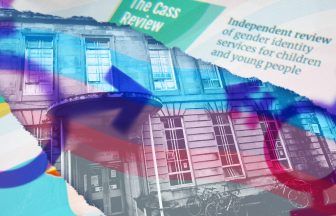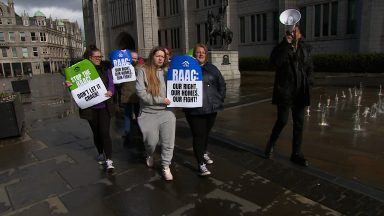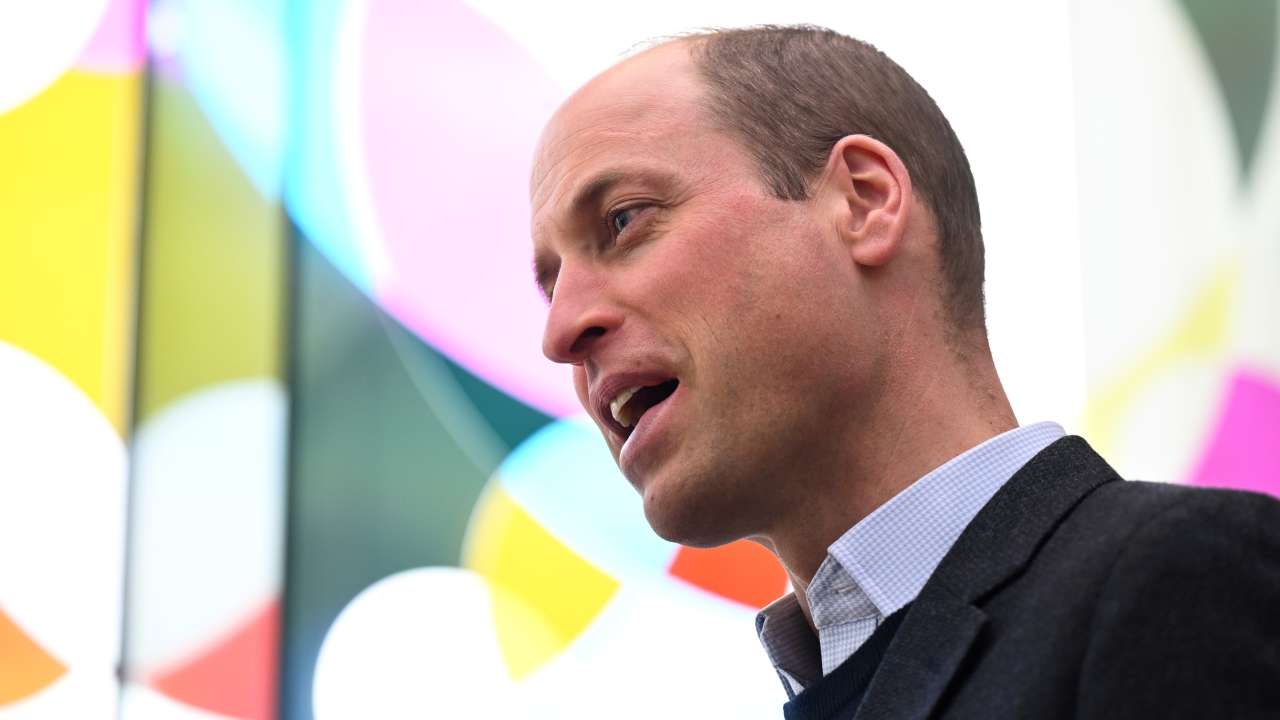Public meetings are of course off limits, for now. So the new Labour leader Sir Keir Starmer will be holding ‘virtual’ public meetings today for voters in Lanarkshire and Renfrewshire, courtesy of Zoom.
Even in lockdown, Starmer has been hitting the computer screen running, with numerous attempts to better understand what he needs to do to reconnect with the party’s traditional base.
In England, it deserted Labour in droves last December. In Wales it has been slowly but perceptibly eroding.
In Scotland, much of what was Labour’s base left long ago and there is quite a lot of evidence to suggest it will not return, not least because those voters no longer self-identify as Labour.
Starmer’s task UK wide is daunting and in a Scottish context unenviable. On current electoral trajectory, it is impossible.
He has made an impressive start to his leadership. Stolid and reassuring in a time of national crisis, his hands look steadier than a Prime Minister who is discovering a penchant for showmanship only compounds doubts about his ability to get on top of an issue.
Looking measured against Boris Johnson will take him only so far. By the time the clapping seals and baying bears on the Tory backbenches inhabit a full House of Commons, Starmer’s lawyerly delivery and icy stares might not cut it when asked to perform in the equivalent of the Glasgow Empire.
On the credit side of the balance sheet, his approval ratings are good. At PMQs, Jeremy Corbyn was always more miss than hit, occasionally launching not so much verbal exocets as boomerangs which came back to smack him to the delight of his foes. Starmer will not suffer such a fate.
He also can probably rely on the Prime Minister’s generally disorganised approach to government playing beyond Covid-19.
Many conservative commentators buy the argument that collectively the current Cabinet are ill-equipped to deal with the aftermath and will be found wanting, ensuring a run on trust and a sense that the government are not up to it.
Even if this comes to pass as an active political dynamic, it will take Starmer only so far. Establishing competence is the easy part, winning the country to a narrative that resonates is the hard part.
When Labour won in 1945, they were seen as a party that could win the peace. They did, with the creation of the welfare state. In 1964, they were seen as modern and in-touch and up to the challenge of dealing with technological change. In 1997, Tony Blair caught the mood with an agenda about redefining the boundaries of Labour’s base.
So what will Starmer do?
How he positions Labour in relation to the post-pandemic debate over combating unemployment, growing the economy and protecting public services will determine if he engineers a revival or not.
The Conservatives face having to break manifesto promise after manifesto promise on taxes and the triple lock on pensions in order to reduce debt, although this is only likely in the medium to long-term. Any immediate hike in taxes in an environment of higher unemployment will prove counter- productive.
Having declared austerity dead, Johnson and his Chancellor Rishi Sunak may have to eat their words or more accurately find another form of words to deflect from a charge of being economic with the actualité.
Starmer will have to marshal key themes of the pandemic into a winning policy pitch: ending low pay for essential jobs not regarded as skilled, protecting the NHS and, critically, getting the economy moving again.
In the Scottish context he has the migraine of all headaches. He simply cannot win unless there is a significant revival north of the border and yet his party is outflanked by the Conservatives on the Union and by the SNP on being seen as more progressive. Like the Tories in the 80s and 90s, there appears something of the past about Scottish Labour.
He quickly needs to work out what his relationship with the Scottish party should be. Let them get on with it and regard them as wholly autonomous in all policy matters, or encourage a more collegiate response to Labour’s existential crisis.
Post-Brexit there will be a debate on the devolution of repatriated powers. This could be the spur for a wider debate on constitutional reform. Starmer has an instinctive feel for this agenda in a way that Jeremy Corbyn did not.
His best hope rests perhaps on making his post-pandemic economic pitch one that chimes in Scotland as much as other parts of the UK. He needs Scotland, badly. But is Scotland ready to listen? Next May’s Holyrood election will tell him a lot.
But before that he has to consult today with the Zoomers in Lanarkshire and Renfrewshire.

 Getty
Getty




















